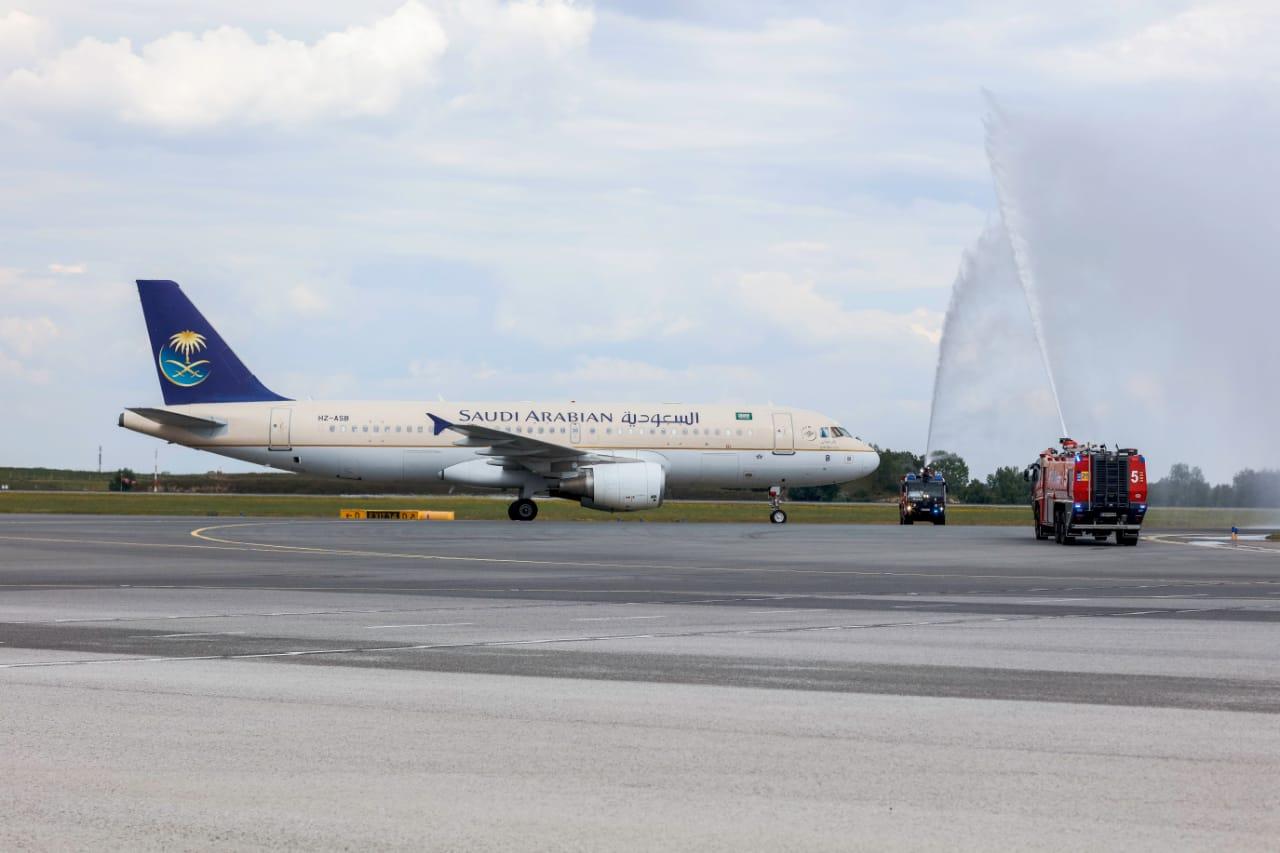
A few days ago, Jamal Khashoggi – a self-exiled Saudi writer, journalist and Washington Times contributor – went missing after visiting the Saudi Arabian consulate in Istanbul. Khashoggi had gone to the consulate to complete “routine paperwork” as he prepared to marry his Turkish fiancee. She claims he never came back out and now Turkish authorities say they are certain Khashoggi was murdered inside the consulate.
If proven true, Khashoggi’s murder would quite rightly be considered an outrage – while he didn’t like to call himself a ‘dissident’, Khashoggi’s views and calls for reform in the conservative Kingdom very much made him one. President Trump has spoken of “punishing” Saudi Arabia, while some countries may boycott an important conference set to take place in the country.
Saudia Arabia has, perhaps unsurprisingly, reacted with outrage to the allegations – saying it will respond to any “threats” such as sanctions or other action with a “bigger” response (whatever that might mean). In a statement, a government spokesperson was quoted as explaining:
“The kingdom affirms its total rejection of any threats or attempts to undermine it whether through threats to impose economic sanctions or the use of political pressure.”
“The kingdom also affirms that it will respond to any action with a bigger one. The Saudi economy has vital and influential roles for the global economy.”
It’s now hard to imagine that just weeks before Khashoggi’s disappearance there was a buzz surrounding Saudi Arabia’s future. Crown Prince Mohammed Bin Salman was widely considered a great reformer (a title he now rejects) – driving the country’s economic future away from a dependence on oil.

Tourism and an aerostate economy (much like the one built by Dubai and Qatar) would drive Saudi Arabia’s prosperity for many years to come. Until now, Saudia Arabia has largely been off limits to outsiders (apart from pilgrims and expat workers) – but a new sharek visa will finally open up the country to visitors in time for the inaugural Saudia Ad Diriyah E Prix race on 15th December.
Crown Prince Mohammed Bin Salman – or as he is often referred MBS – wants his country to attract 30 million visitors by 2030. An ambitious figure considering Saudi Arabia is pretty much starting off its tourism economy from scratch – a huge coastal development on the Red Sea, featuring luxury hotels and residences will kickstart the project next year.
But luxury hotels and a new tourist visa will only go so far to attract visitors – there are still huge hurdles to overcome. It’s unclear whether alcohol would be banned in the resort – or if there would still be strict rules on what men and women wear. There are, of course, big questions surrounding human rights in the country as well.
MBS won praise earlier this year for finally bringing an end to a controversial ban on female drivers yet that win for women’s rights has been overshadowed by continuing arrests and the persecution of rights activists in the country. Saudi Arabia reacted furiously to an intervention from the Canadian government who criticised the kingdom’s human rights record in July.

In retaliation, Saudi Arabia decided to suspend all flights between the kingdom and Canada. The state-owned airline, Saudia was forced to cancel flights between Riyadh and Jeddah to Toronto from 13th August – it’s unknown if or when Saudia will resume operations to Canada.
Could Saudi Arabia impose a similar sanction on the United States or the United Kingdom? – or any other country that dares to speak out against it? It’s incredibly unlikely but, then again, who saw Saudia Arabia pulling flights from Canada? In a way, it would be a very counterproductive move – much like Emirates has been to Dubai, Saudia will be imperative in building the kingdom’s tourism economy.
While the Saudi authorities have invested huge sums in modernising the State airline and building Saudia’s route network, the country does have the money to throw that investment away. If it goes down that route, though, I think we can safely say that Saudi Arabia’s 2030 vision is pretty much dead in the water.
Related
Mateusz Maszczynski honed his skills as an international flight attendant at the most prominent airline in the Middle East and has been flying ever since... most recently for a well known European airline. Matt is passionate about the aviation industry and has become an expert in passenger experience and human-centric stories. Always keeping an ear close to the ground, Matt's industry insights, analysis and news coverage is frequently relied upon by some of the biggest names in journalism.







